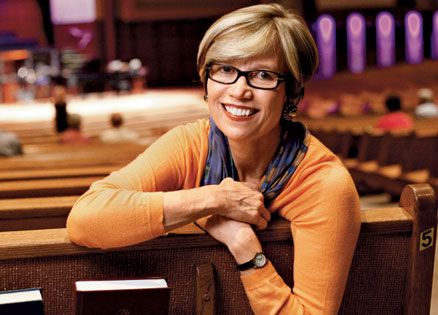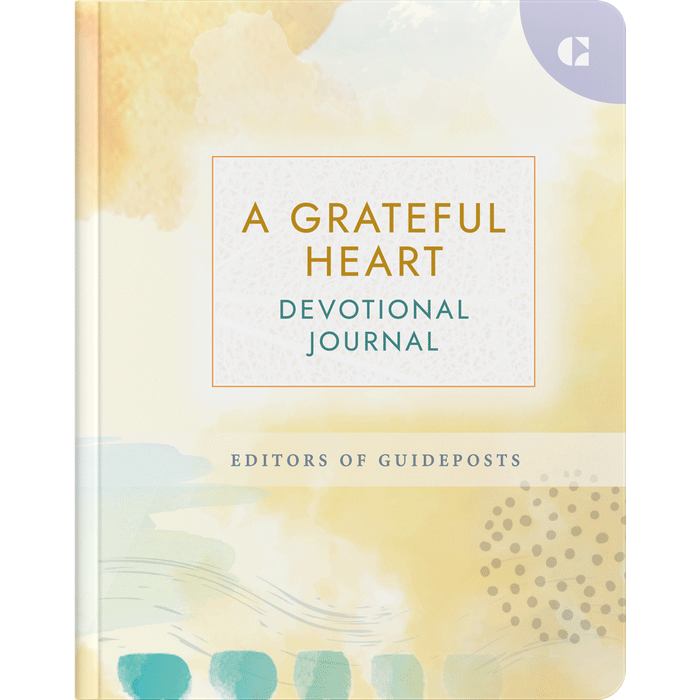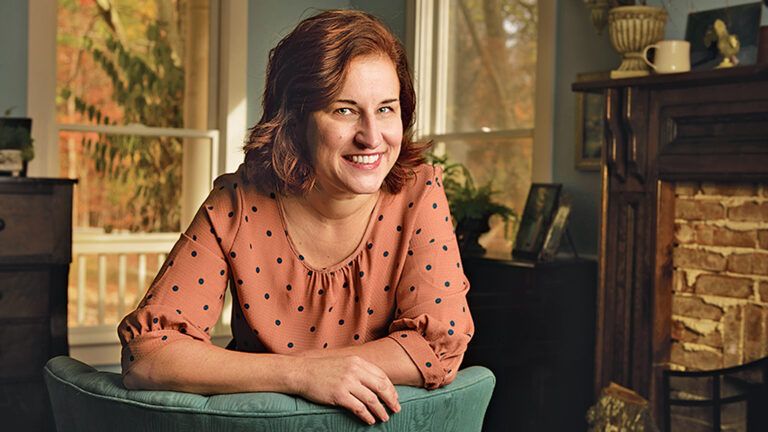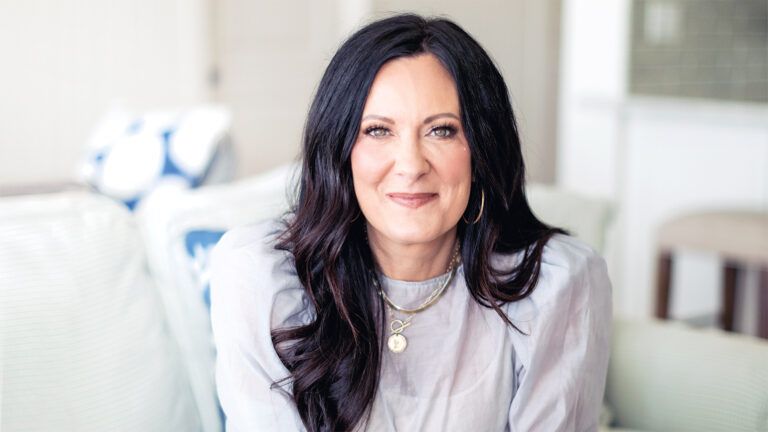Eight o’clock, Sunday morning. I pushed open the door to Scottsdale Bible Church and the familiar sounds of the orchestra rehearsing brought back a rush of sweet memories.
For years I had played the cello in that orchestra. I loved playing for the congregation every week—the fellowship, the praise music, even the rehearsals—everything about it. Back then I was happy and fulfilled. A wife and stay-at-home mom.
Now, after living in California for two years, I was back here in Arizona. Divorced. My daughters were away at college. For the first time in my life I felt truly alone.
I slumped onto the empty back pew and reached for a tissue in my purse. Lately, I carried them everywhere. I never knew when the tears might start up again.
I wanted so badly to play in the orchestra again, to go back to something that had brought me so much joy, but I just couldn’t face anyone. What if they asked me how things were? What would I tell them? That my 29-year marriage was a failure? That my world had imploded? That I was alone?
If only Emily were here, I thought. She would understand.
Emily and I met my fifth year with the orchestra. We sat next to each other—she, the only violist and me, the only cellist among a sea of violinists. The first few weeks we made small talk and it seemed like the orchestra was all we had in common.
Emily, a single mom, was a busy accountant. I came to rehearsals in jeans and a T-shirt; Emily was usually decked out in a smart tailored suit, having come straight from her office or a meeting with clients.
But one day I noticed that her cheeks were wet with tears. What could make this beautiful, strong woman so sad? I wondered. Suddenly I felt the strangest urging in my heart.
“Do you want to go to breakfast tomorrow before work?” I asked, thinking she could use someone to talk to.
“I’d like that,” she said. The next day we met up at a café. We talked about the orchestra, our kids, nothing too deep. We really hit it off. Soon we were meeting at the café every week, sharing our lives over oatmeal and mugs of steaming coffee—black, no sugar, just the way we both liked it.
One day I got brave enough to get a little more personal. I finally asked Emily what had made her cry that day at practice. “A few years ago my husband left me and our four children,” she said. “Not long after that, he died.”
I was floored. All this time she had been carrying around a deep, private pain. I marveled again at how different her life was from mine. I couldn’t imagine being a single mom with such heavy responsibilities. “How do you do it all?” I asked her.
“At first, things were really, really hard, but there wasn’t time to stop and think about it all,” Emily said. “I just had to move forward. Tears became a fact of my life. I know someday they will stop, but in the meantime I always have a tissue handy.” Then she smiled in spite of herself.
Her honesty made me open up too. I told her how my husband had been out of work for several months. That the stress was taking a toll on our marriage and that we might have to move.
“Give your worries to God,” she said confidently. “He’s there to guide you.”
From there, we talked about our faith, shared Bible verses and prayer requests. We kept up with our weekly breakfasts and shared news of other things in our lives—her latest hikes, my volunteer work.
Then my husband found a job in California. Although we’d moved many times throughout our marriage, change was never easy for me. And with both of our daughters away in college, I wondered how I would fill my days without my good friend. I met Emily at our café to tell her the news.
“Don’t worry, Robin,” she said. “You’ll find new friends. And we’ll stay close. God will make a way for you and be with you every step. He always has been.”
In the midst of packing up to move, I worked on another project—a gift to leave with Emily.
I’d been reading through the Bible, from Genesis to Revelation, and I remembered one of my favorite verses, from Hosea 2:15: “Here I will give back her vineyards to her, and transform her valley of troubles into a door of hope. She will respond to me there, singing with joy…”
I found a photo of a door online and superimposed the verse over it, printed it and put it in a simple silver frame. At our last breakfast, I presented it to Emily.
“I hope this reminds you that although you have faced hard things in your life, you are going to walk through that door of hope one day. I just know it.” I hugged her tightly and said goodbye.
Once in California, I struggled to find a rhythm. My husband was consumed by his work and I spent most of my time alone. I planted flowers in our garden, joined a health club, eventually made some new friends. But there was a heaviness in my heart that I just couldn’t shake.
I e-mailed Emily about it. “I’m praying for you,” she wrote back. “You’re going to be just fine.”
But things only went from bad to worse. My brother-in-law died unexpectedly, my husband’s company was sold, leaving him unemployed once again, and the pressure built up in our marriage. I stopped writing to Emily or even talking much to anyone.
I thought marriage counseling would help. We gave it a try. A few months later, though, my husband announced that he would not continue the counseling—or the marriage. He would stay in California and I would return to Arizona. Alone.
Numbly, I began the arduous task of trying to move forward and start over.
Sitting in the back pew that Sunday morning clutching a tissue, I thought about the last two years. The heartache, the unknowns of my future, my constant tears. And I thought of Emily. I’d lost track of her. How ironic, I thought. Now I’m the one crying.
After the service, I mustered up my courage and went backstage. I saw a violinist I’d once played with. “Do you know where Emily is?” I asked.
“Oh, didn’t you hear?” she asked, looking surprised.
“Hear what?”
“Emily reconnected with her high school sweetheart sometime last year,” she said. “They got married and she moved to New Jersey. I’ve got her new e-mail. And, say, you should come back to the orchestra. We can always use another cello.”
I mumbled thanks, scribbled down Emily’s new address and hurried off before anyone could ask me any more questions.
Back home I typed out a short e-mail to Emily, congratulating her on her new life and wishing her every happiness. I told her that my life had also changed—but not for the better.
“Emily, when we first met, I wanted to encourage you,” I wrote. “Now, it seems that our circumstances have completely reversed. Any advice you might have for me would be so helpful. Love, Robin.” I ended the note and hit send.
The next day I checked my e-mail—there was a message from Emily!
“Robin, thank you for your note. I am sorry that there is so much pain in your life right now, but you will survive this and thrive in the end. I can’t say how you will do this, but I know you will. Please write when you can. I am always here for you.”
Instead of face-to-face breakfasts, Emily and I reconnected computer-to-computer.
Emily was right. I did make progress, slowly. I found part-time work, began volunteering at a hospital and rejoined the orchestra at church. My tears subsided just like Emily’s had. It was a happy milestone the day I realized that none of my pockets had any tissues in them.
One afternoon I came home from work and found a package leaning against my door, a New Jersey return address in the corner. There was a note tucked inside. “I’m still unpacking a few boxes and found this. I thought perhaps it might be your turn to have it. Love, Emily.”
I carefully unwrapped the layers of tissue paper and smiled at what was inside—a plain silver frame, showcasing a photo of a door, with a simple verse superimposed over it: “Here I will give back her vineyards to her, and transform her valley of troubles into a door of hope. She will respond to me there, singing with joy.”
I’d wanted those words to give hope to Emily in the days of her tears. Now they were here for me.
I still don’t know exactly what prompted me to ask Emily to meet for breakfast that long-ago day. Or maybe I do. An urging from the One who’s been guiding our steps along a path of dear friendship. Guiding our steps right through that door of hope.
Download your FREE ebook, True Inspirational Stories: 9 Real Life Stories of Hope & Faith





